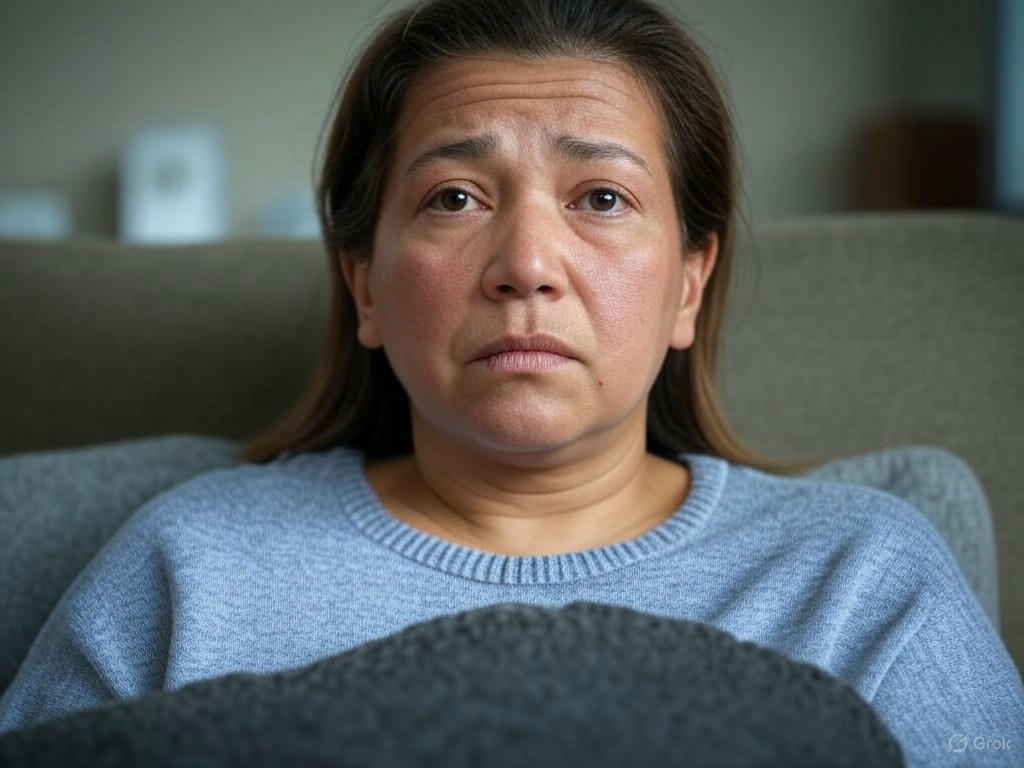A concerning health update has emerged from Georgia as the state records its fifth measles case this year, with the latest diagnosis linked to a family member of a previously infected individual. Health authorities announced that the case, confirmed in May, underscores the highly contagious nature of the disease and the urgent need for vigilance among communities.
Measles, a viral infection that was once nearly eradicated in the United States, has seen a troubling resurgence in recent years due to vaccine hesitancy and misinformation. The virus spreads rapidly through the air via coughing or sneezing, making close-knit environments like households particularly vulnerable. The Georgia Department of Public Health has been working tirelessly to trace contacts and prevent further spread after this family cluster came to light. This latest case serves as a stark reminder of how interconnected our health is, especially within families where one infection can quickly ripple through others who are unvaccinated or immunocompromised.
Public health experts emphasize that measles is preventable through the MMR (measles, mumps, and rubella) vaccine, which is safe and effective when administered in two doses. Children typically receive their first dose at 12 to 15 months and a second dose between ages 4 and 6. However, gaps in vaccination coverage have left pockets of the population susceptible. In Georgia, officials are urging parents to ensure their children’s immunizations are up to date, especially as schools prepare for summer breaks when travel and gatherings increase exposure risks. Adults who are unsure of their vaccination status are also encouraged to consult healthcare providers, as measles can be severe in older individuals, leading to complications like pneumonia or encephalitis.
Beyond individual responsibility, this situation highlights the importance of community-wide efforts to maintain herd immunity. When vaccination rates drop below a critical threshold, diseases like measles can re-emerge, putting everyone at risk, including those who cannot be vaccinated due to medical reasons. Health officials in Georgia are ramping up awareness campaigns, offering free or low-cost vaccines at local clinics, and partnering with schools to educate families about the dangers of skipping immunizations. They are also closely monitoring for additional cases, as the incubation period for measles can last up to 21 days, meaning more infections could still surface.
As this family cluster in Georgia demonstrates, measles is not a relic of the past but a present threat that demands attention. The path forward lies in education, access to vaccines, and a collective commitment to protecting public health. Let this be a wake-up call for families across the state—and the nation—to check vaccination records and take action. By doing so, we can stop the spread of this preventable disease and safeguard our communities from future outbreaks.
